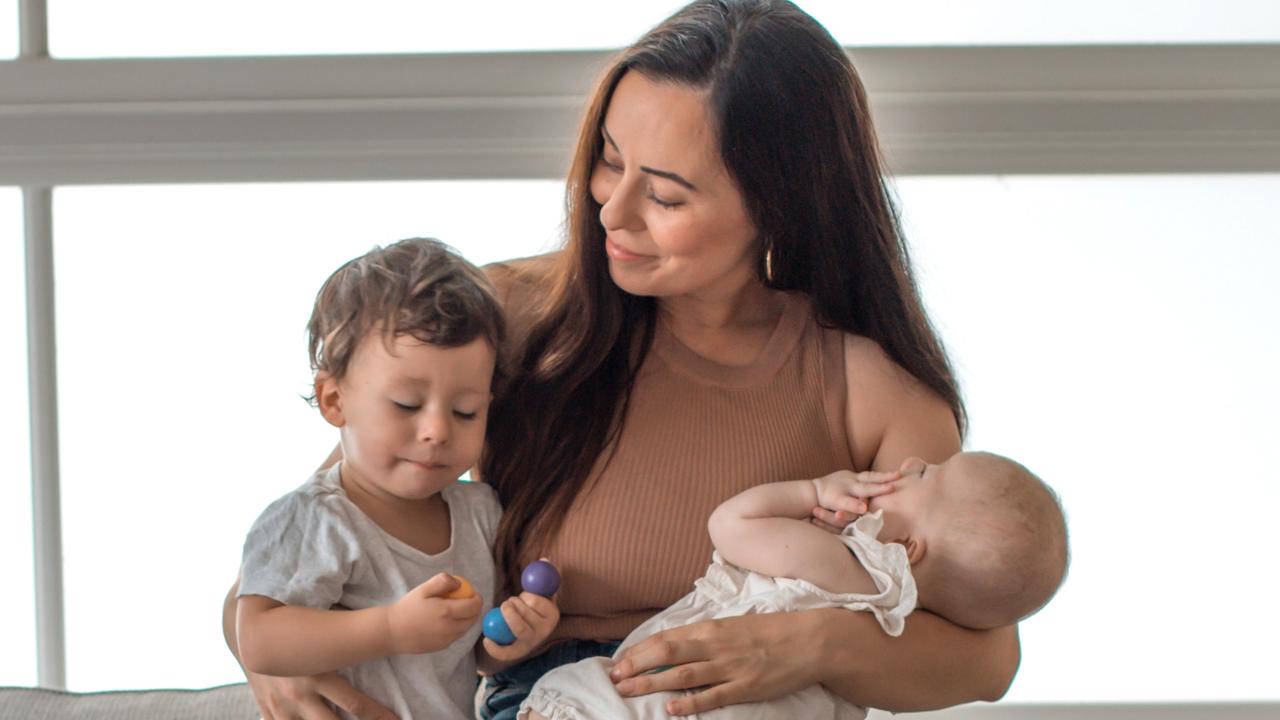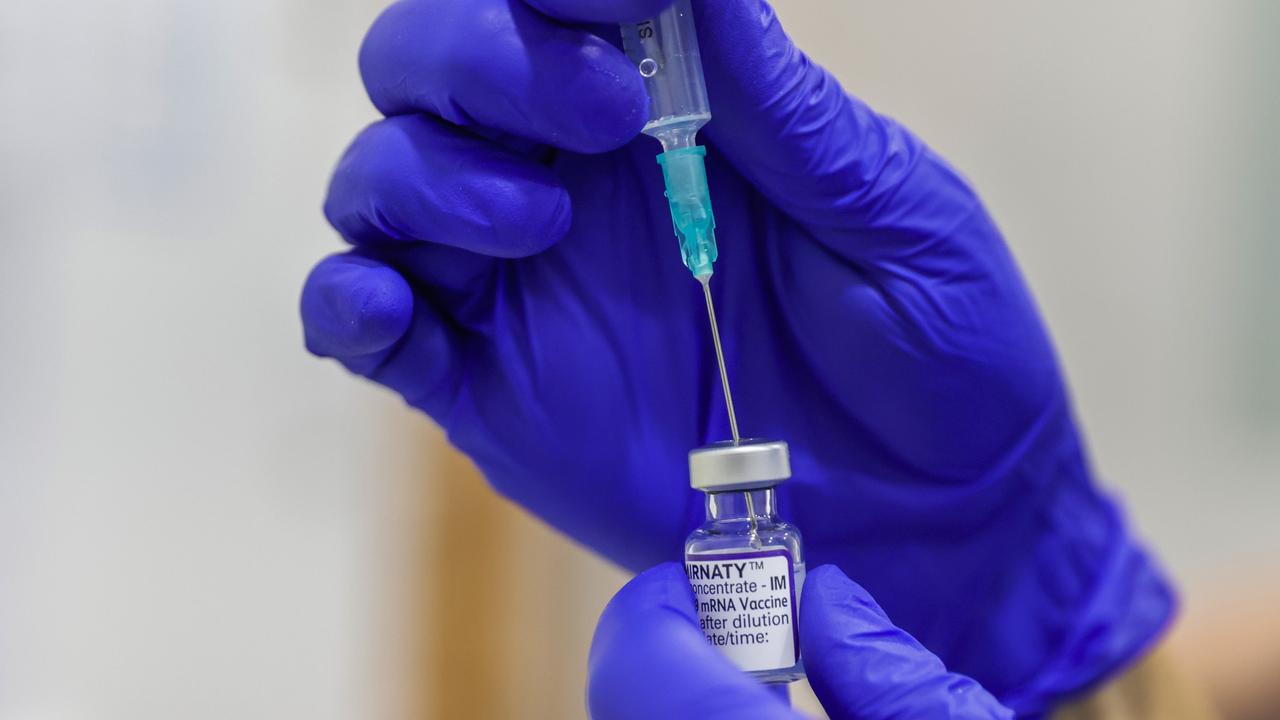Rapid Antigen Covid tests key to hospital visits and major events
Rapid Covid tests will be available from November, helping Australia reopen further - here’s what they will be used for.
NSW Coronavirus News
Don't miss out on the headlines from NSW Coronavirus News. Followed categories will be added to My News.
A quick Covid test before a hospital visit, boarding a plane or attending a major event will help Australia reopen and avoid backsliding into tougher restrictions.
With home rapid antigen tests (RAT) due to land on pharmacy shelves in Australia by November 1, infectious disease experts say they can play an important role as an extra line of defence against the virus.
Professor Peter Collignon said the rapid tests would be “complement” but not replace the traditional PCR test.
“If you don’t have symptoms the rapid tests may miss cases, but they will pick up some where maybe the person would not have gone to get a PCR test,” he said.

“Visiting a nursing home for example, you decrease the chance of bringing Covid in and can get that result in only 20 minutes.”
Former deputy chief health officer Nick Coatsworth said rapid antigen tests were best used in “high risk” settings where PCR tests were impractical.
“You want visitors to go into a hospital, but there’s no way that they can all get a PCR test,” he said. “RATs are good when it’s a better-than-nothing scenario.”
Prof Coatsworth said certain workplaces may also decide it makes “economic sense” to use rapid tests as they open up from lockdown.
“(At) $5 to $10 a pop, there will be some big businesses that want to go down that path,” he said.
Around the world the tests are being widely used as a precaution. To visit the Louvre museum in Paris, patrons must present either show proof of vaccination or a recent negative rapid antigen test.
In the US, attendees at the Lollapalooza music festival in Chicago were required to show proof of a recent negative test or vaccination, as were people who went to the Reading and Leeds festivals in the UK.
Therapeutic Goods Administration (TGA) boss Professor John Skerritt said the regulator was already analysing data sent by test manufacturers, and expected full approval would be done in a matter of “weeks”.


He said companies could save time by ordering stock to be ready for sale in Australia by November 1.
The TGA is working with manufacturers to develop simple instructions and a 1800 helpline to help Australians decipher results, as the tests become an everyday part of life.
Health Minister Greg Hunt said at this stage the tests would be purchased from a pharmacy, unless a workplace decided to provide them to employees.
“We already have 33 tests that have been approved for use outside the home so I imagine they’ll be able to be converted (for home use),” he said.
NSW Health Minister Brad Hazzard said NSW would decide how to use the tests following medical advice. Deputy chief health officer Marianne Gale said it may be “operationally challenging” to formally collect results from the home tests.
“We’ll be looking at those issues and looking at what practical settings actually makes sense as we go forward in a setting where we have to treat Covid like an endemic disease,” she said.



